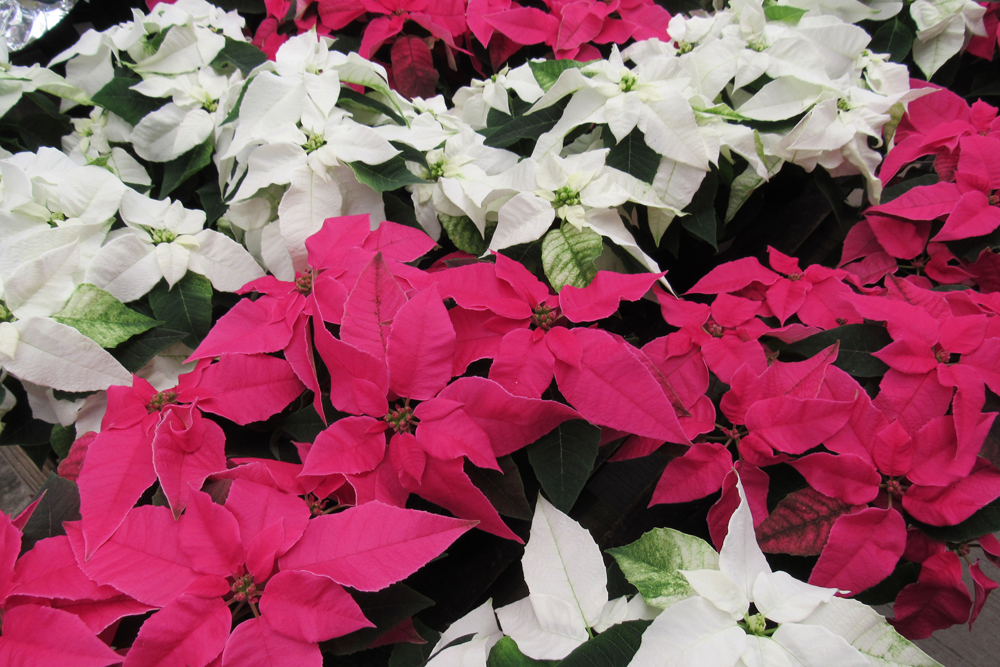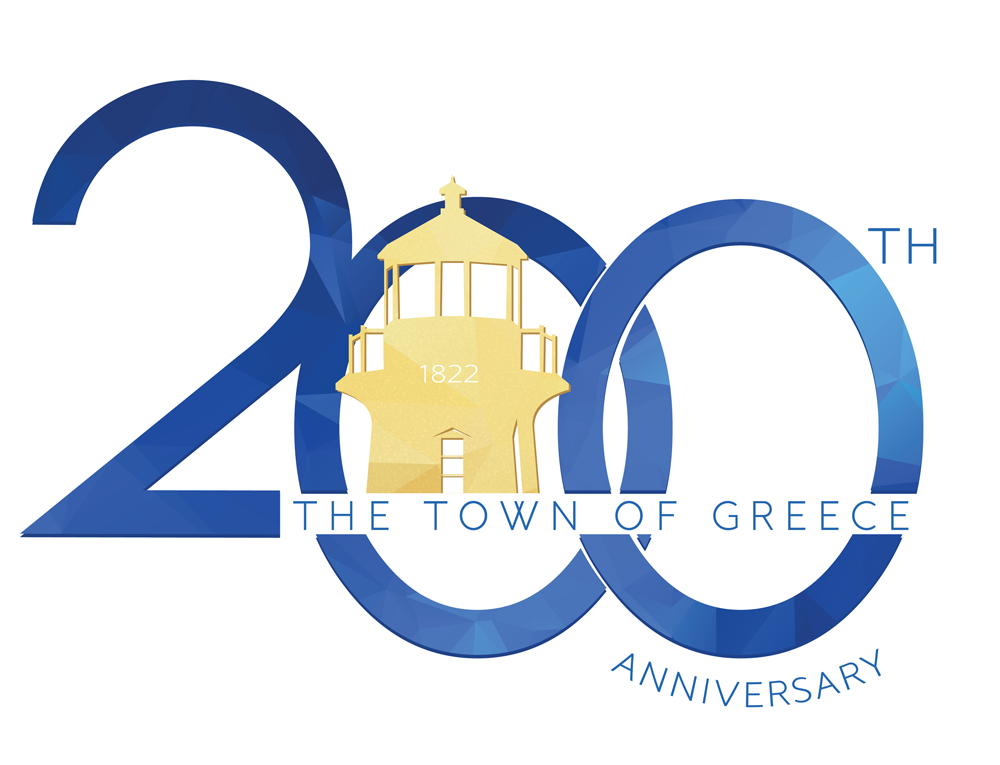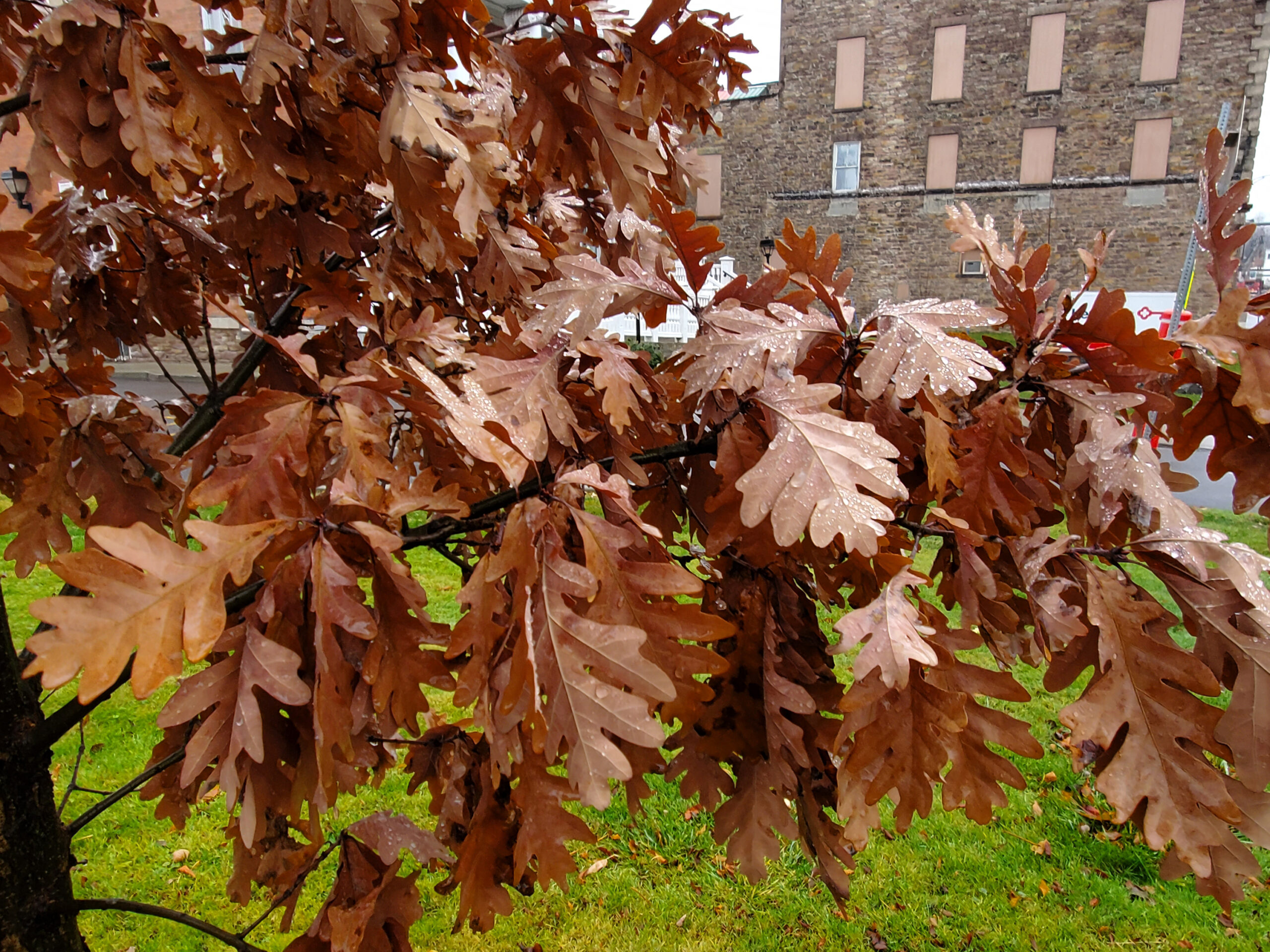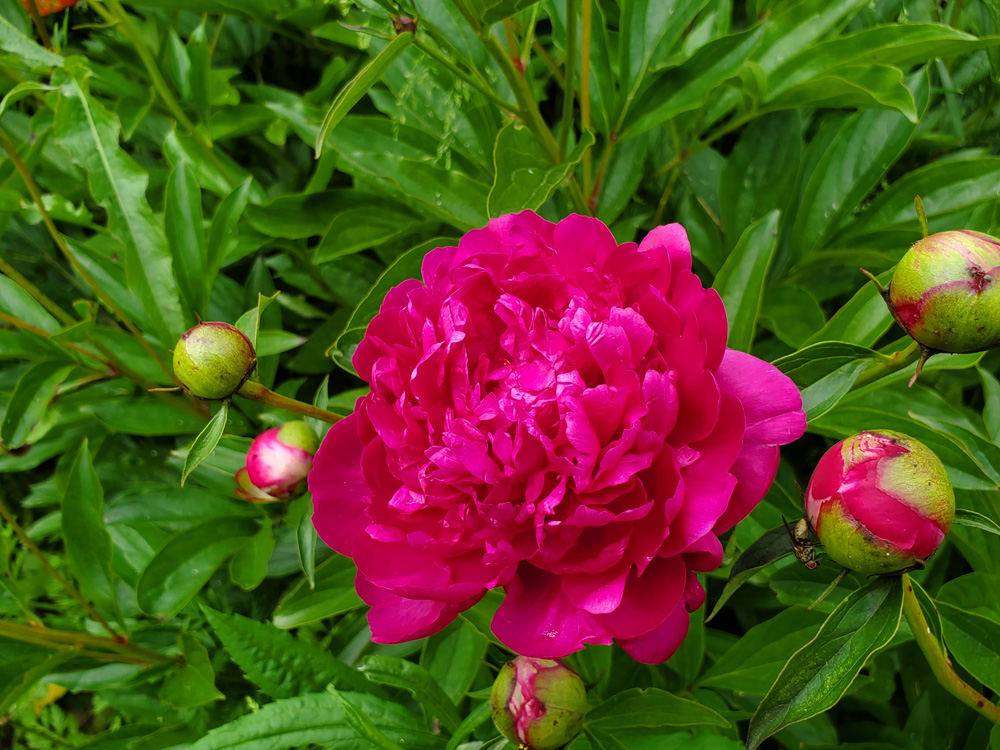Of Lawns and Trees

Lawns can look pretty rough in spring. Snow mold, pets, voles, and moles can do a lot of damage during the winter. To help matted and dying turf in your lawn, Michigan State University Extension recommends raking the area with a leaf rake – not a garden rake – to facilitate quicker re-growth. Raking removes some of the dead, blighted leaf blades and helps turf grass recover as the temperatures warm. Michigan State says just focus on the areas with the most damage; you do not have to rake the entire lawn.
Also, use caution when rolling your lawn. Lawn rolling is typically done in spring to help flatten out mole tunnels and the lumps and bumps that come from frost heaving during the winter. Be sure to wait until your yard has dried out before rolling your lawn. Michigan State University warns that rolling saturated soils can result in soil compaction.
If you plan on fertilizing your lawn, remember to “look for the zero.” The New York State Department of Environmental Conservation is encouraging homeowners again this year to practice sustainable lawn care to help protect bodies of water in New York State. Go phosphorus-free when selecting lawn fertilizer. Fertilizer labels have three numbers, with the number in the middle being the percentage of phosphorus in the product – such as 22-0-15. More than 100 water bodies in New York State cannot be used or enjoyed due to phosphorus overuse, the DEC says. “Excess phosphorous use is a threat to many New York water bodies, rendering these waters un-swimmable, and un-fishable,” says DEC Commissioner Basil Seggos. “By implementing sustainable lawn care, New Yorkers are helping to eliminate phosphorus and reduce pesticide use on lawns, protecting water quality and public health.
New York’s nutrient runoff law prohibits the use of phosphorus lawn fertilizers unless a new lawn is being established or a soil test shows that the lawn does not have enough phosphorus. Excess phosphorus from lawns can wash off and pollute lakes and streams and harm fish, pets, and people who use these waters for recreation, the DEC explains. The DEC recommends organic lawn care treatments that can help promote deep root systems, natural photosynthesis, and longer grass growth.
Speaking of the DEC, in its April 8 “Forests, Plants and Land Conservation News,” the DEC focuses on the Village of Brockport in the “Community Highlight” article. The DEC recognizes Brockport for being a Tree City USA since 2005, and for the multiple grants the village has been awarded from the DEC’s Urban and Community Forestry Program. In 2018, the village used a grant to remove and replace ash trees damaged by the emerald ash borer and also planted 20 additional trees along village streets.
The DEC adds that despite having to cancel Arbor Day activities this year, the village will still plant trees as planned, and the Brockport Village Tree Board is working to develop a walking tour brochure that identifies the diversity of planted tree species in their locations around the village.
“Completion of this project will move Brockport one step further in their steadfast commitment to monitoring, improving, and expanding its urban forest,” Mayor Margay Blackman wrote the DEC in the planting grant application.
Arbor Day is Friday, April 24. Without community celebrations this year, perhaps homeowners will observe the day by adding a tree to their own home landscape. The tree can serve as a way to remember this unusual spring and promote hope for the future.






